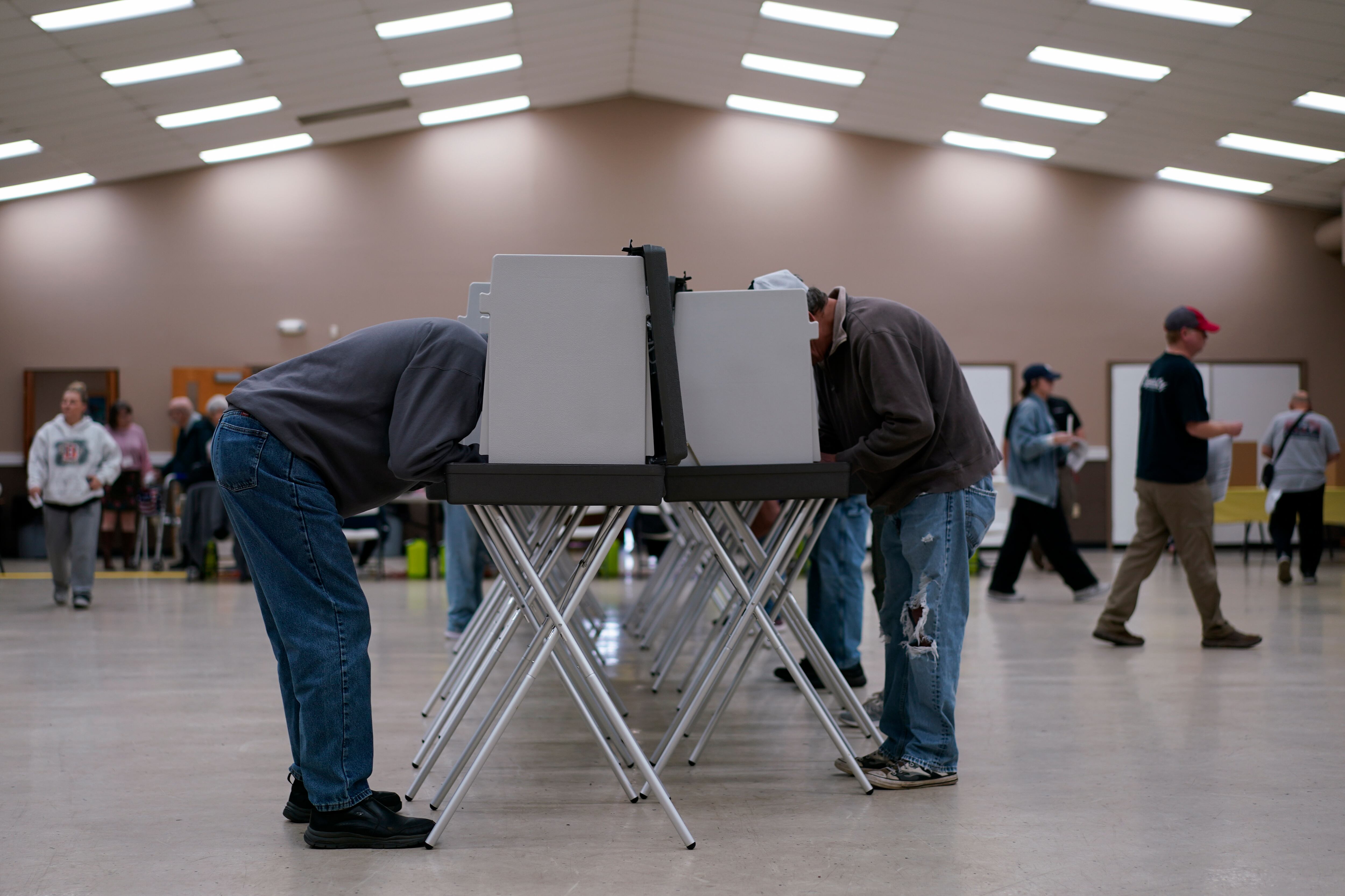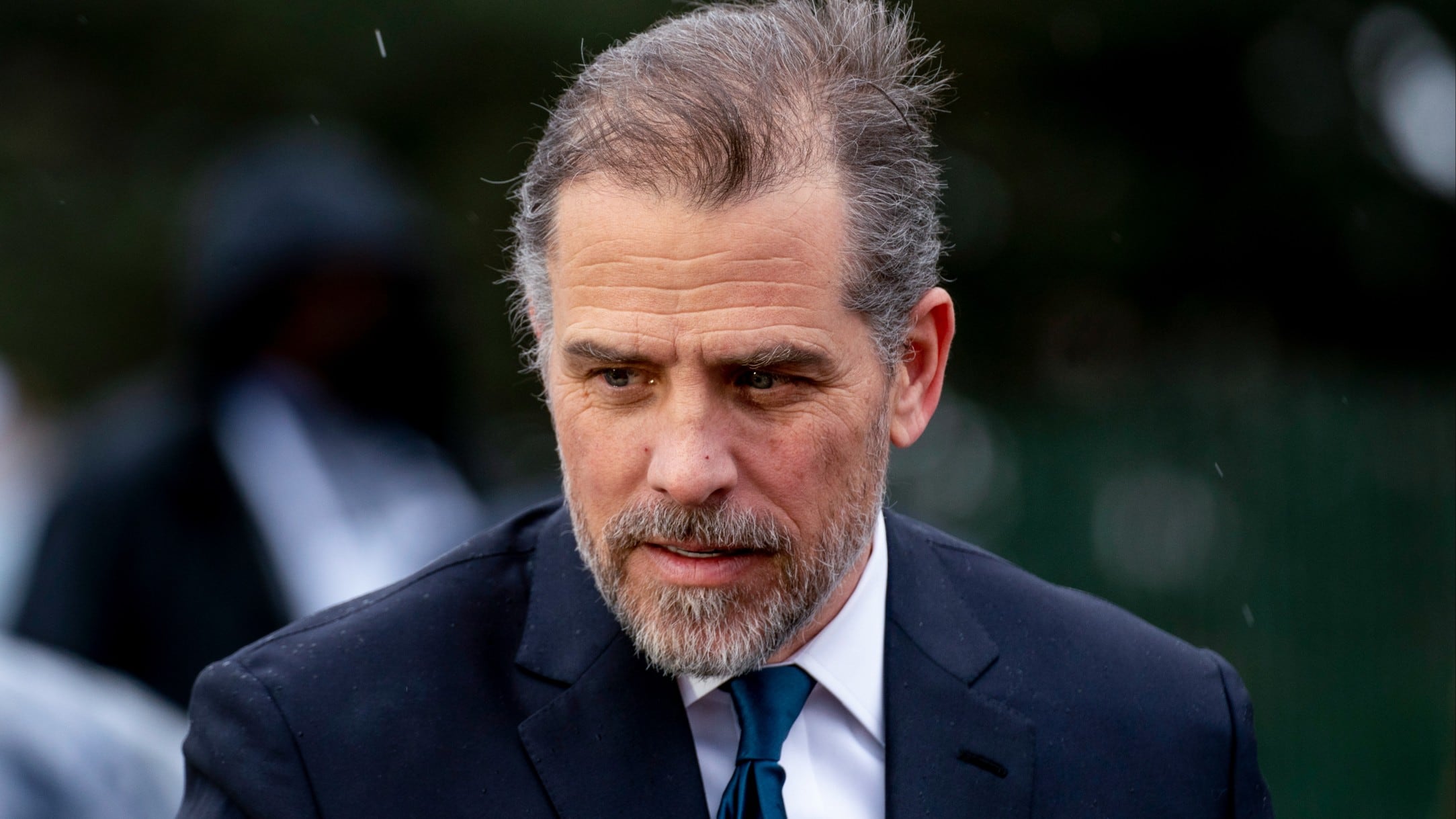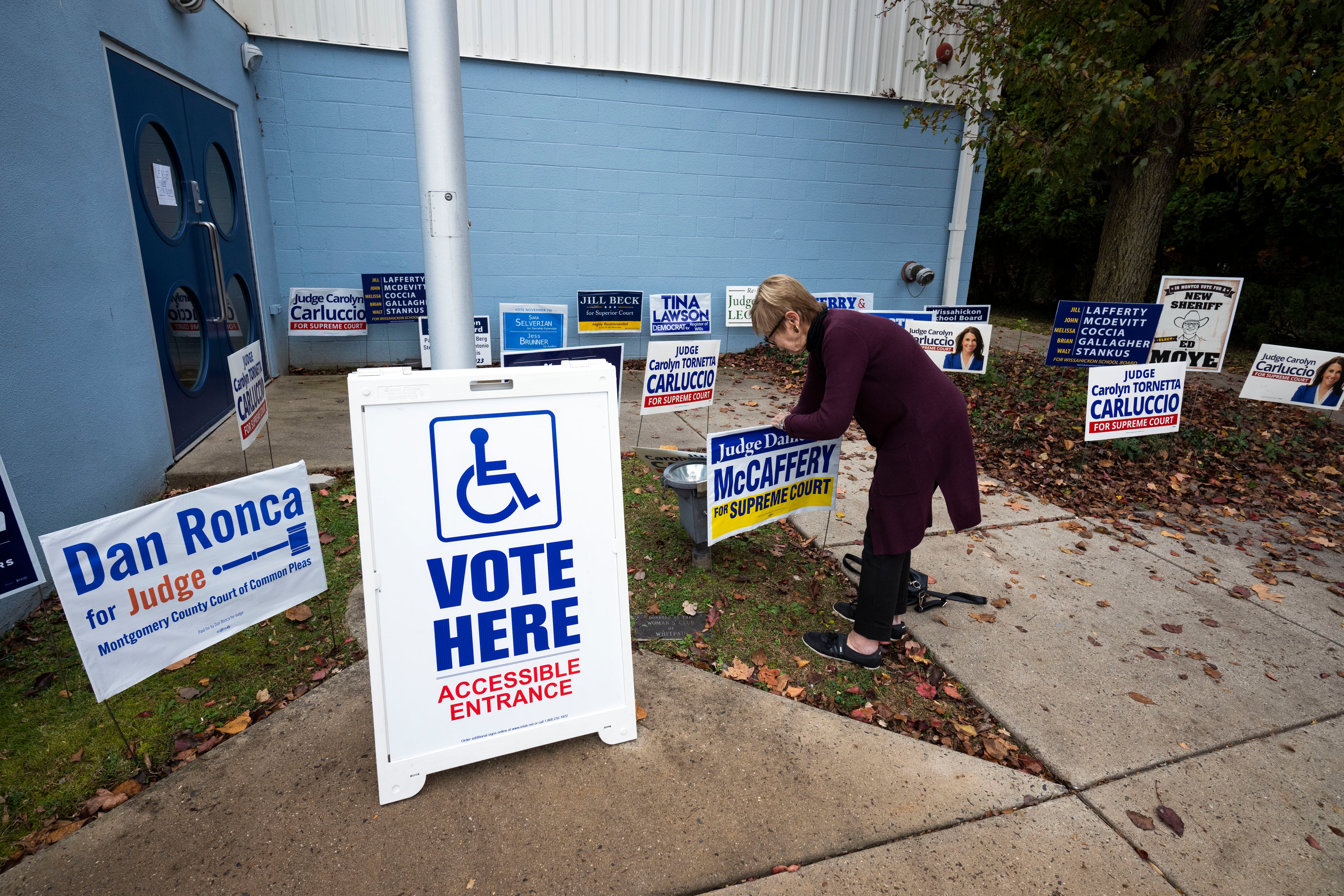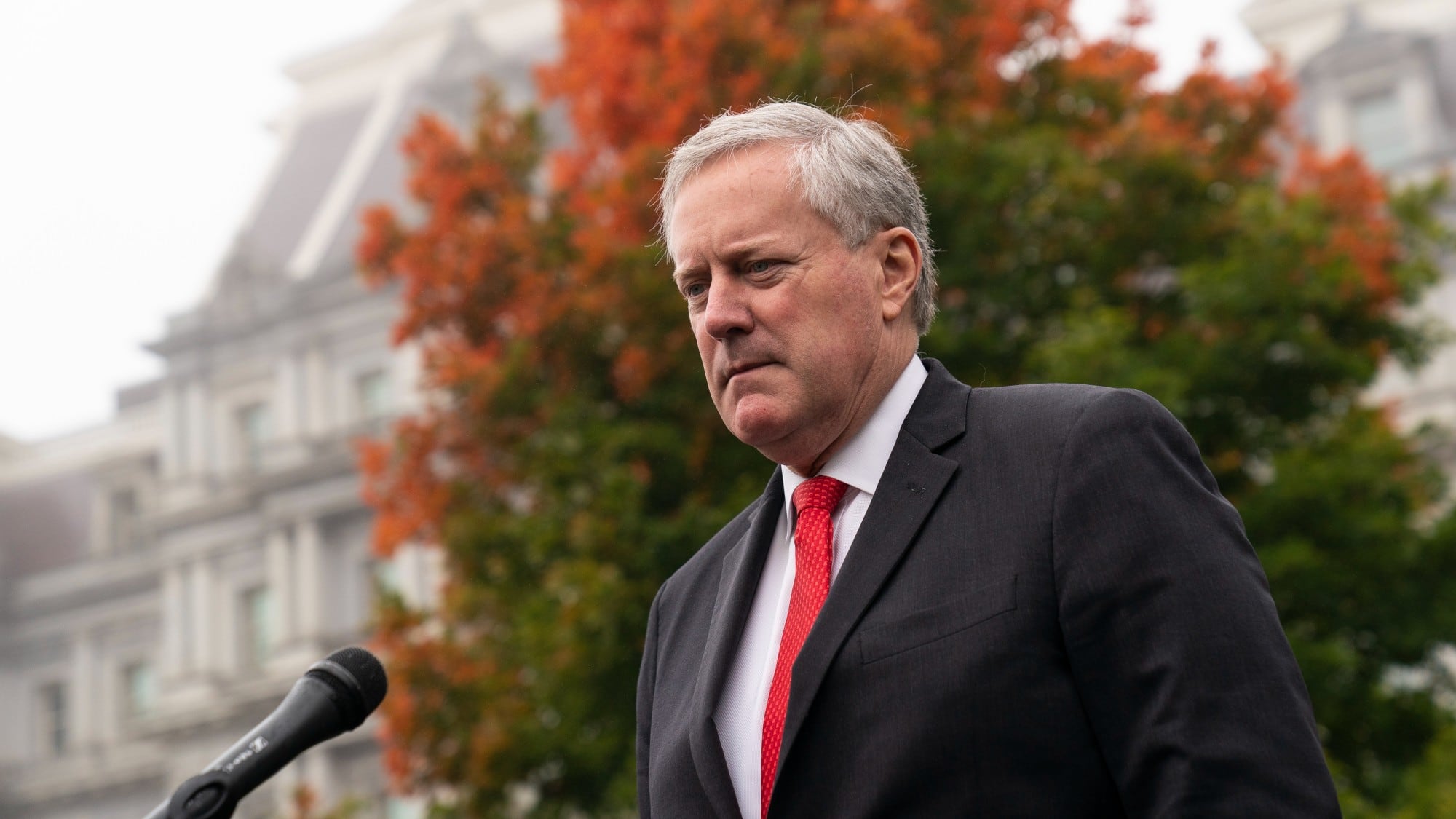The U.S. lost a stunning 22 million jobs in March and April at the beginning of the coronavirus pandemic, with only about half of those numbers returning in the following seven months. With weekly jobless claims remaining high, voters might want to know more about what former Vice President Joe Biden and President Donald Trump intend to do on the issue of labor.
Biden has pledged to do whatever it takes to help jobs recover through direct stimulus payments. His plan includes funding for state and local governments to keep essential workers on their payrolls and federal payouts to supplement state unemployment checks.
Meanwhile, Trump favors tax cuts and deregulation to stimulate the economy but concedes that another infusion of cash stimulus is likely needed. The president also extended federal unemployment benefits for six weeks after they were set to expire in July but at a lower rate of $300 a week, half the amount of the earlier benefit.
Both candidates support tax incentives for manufacturers to keep jobs at home. Biden even proposes tax penalties for those businesses that ship manufacturing jobs overseas with the intention of selling finished products back into the U.S.
Whoever wins the election in November faces a daunting task, with millions still out of work, consumer spending slowing down, and a resurgence in coronavirus cases adding to the economic woes.
Read More on Trump and Biden's Plans:
Trump vs. Biden on Raising the Federal Minimum Wage
Biden vs. Trump on Student Loans and Higher Education
Voters around the U.S. are heading to the polls for elections with Ohio having abortion on the ballot.
A Jewish man in California has died after a confrontation during dueling protests over the Israel-Hamas war, and police said Tuesday they had identified a suspect who called 911 after the altercation.
More than 40% of American adults are considered obese, yet the medications many take are rarely tested in bigger bodies.
The U.S. attorney leading the Hunter Biden investigation appeared before Congress Tuesday.
The Supreme Court is hearing arguments in a case revolving around Second Amendment rights. The Biden administration is appealing a ruling that struck down a federal law that bans a person subject to a domestic violence protective order from possessing a firearm.
The Air Force is asking Congress to restrict further construction of the towering wind turbines that have edged closer to its nuclear missile sites in Montana, Wyoming, North Dakota, Nebraska and Colorado.
Voters around the U.S. are heading to the polls Tuesday and some races could have major implications for how things turn out in the presidential election next year.
Donald Trump's former chief of staff, Mark Meadows, is being sued by his book publisher for breach of contract.
Israeli Prime Minister Benjamin Netanyahu says Israel will have “overall security responsibility” in Gaza for an indefinite period after its war with Hamas.
The Israeli army severed northern Gaza from the rest of the besieged territory and pounded it with airstrikes Monday, preparing for expected ground battles with Hamas militants in Gaza's largest city and an even bloodier phase of the month-old war.












